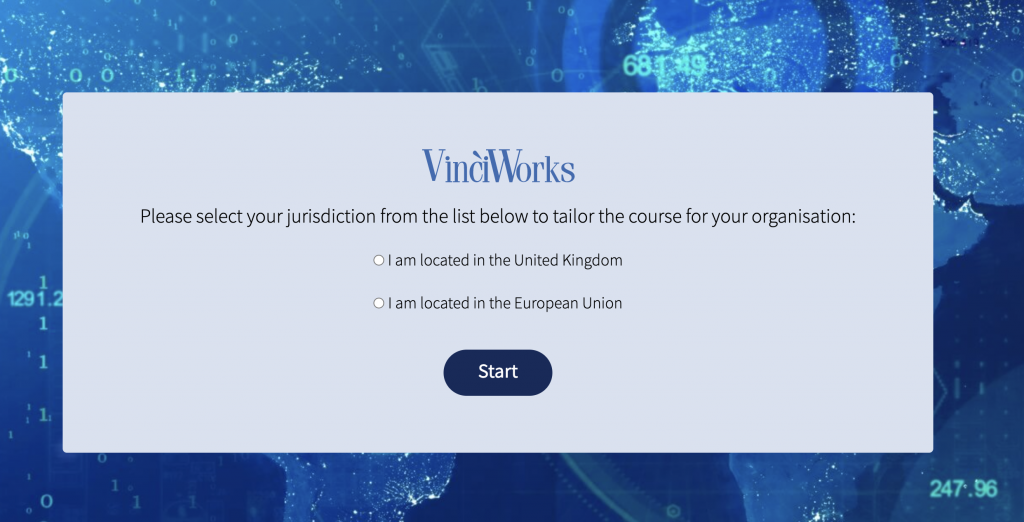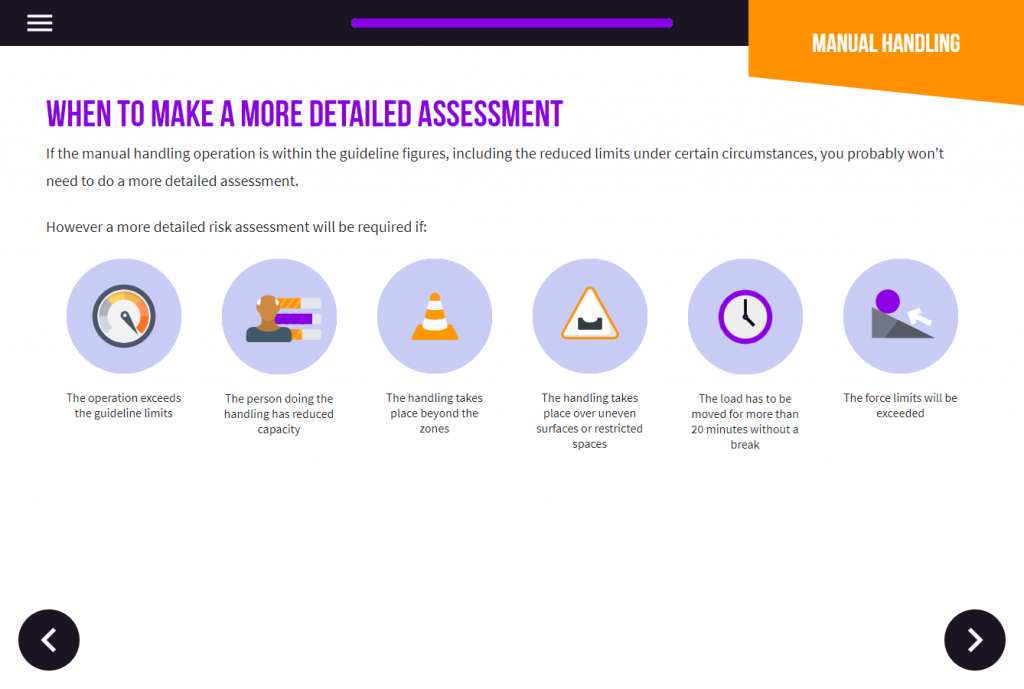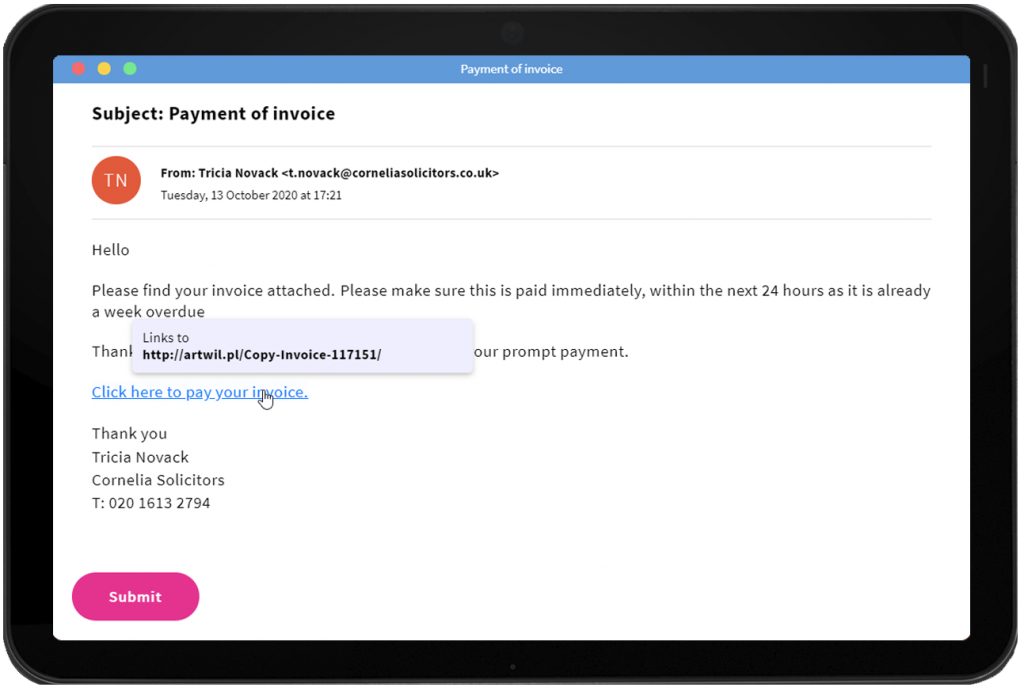Despite the UK Bribery Act having come into force in 2010, bribery is still a hugely problematic issue in corporate life. Billions of pounds of fines are levied every year and frequent reports hit the headlines of investigations and prosecutions from the US Department of Justice and UK Serious Fraud Office.
Bribery cases have ensnared some of the world’s largest companies, biggest sporting bodies and most powerful politicians. The propensity for some people to act corruptly might never change, but our approach to training and compliance can.
VinciWorks has just released Anti-Bribery Fundamentals, a new anti-bribery course that will give employees the opportunity to understand the risks of bribery in their working life as well as to test their knowledge and understanding of the subject, and teach them how to avoid becoming ensnared in bribery.
In this course, we take the lessons from the last ten years of bribery in the corporate world and distill that into an action-packed half-hour course that combines real-life case studies, interactive games, relevant scenarios and a fully customisable course experience to make sure your bribery procedures are fit for purpose.
Continue reading




